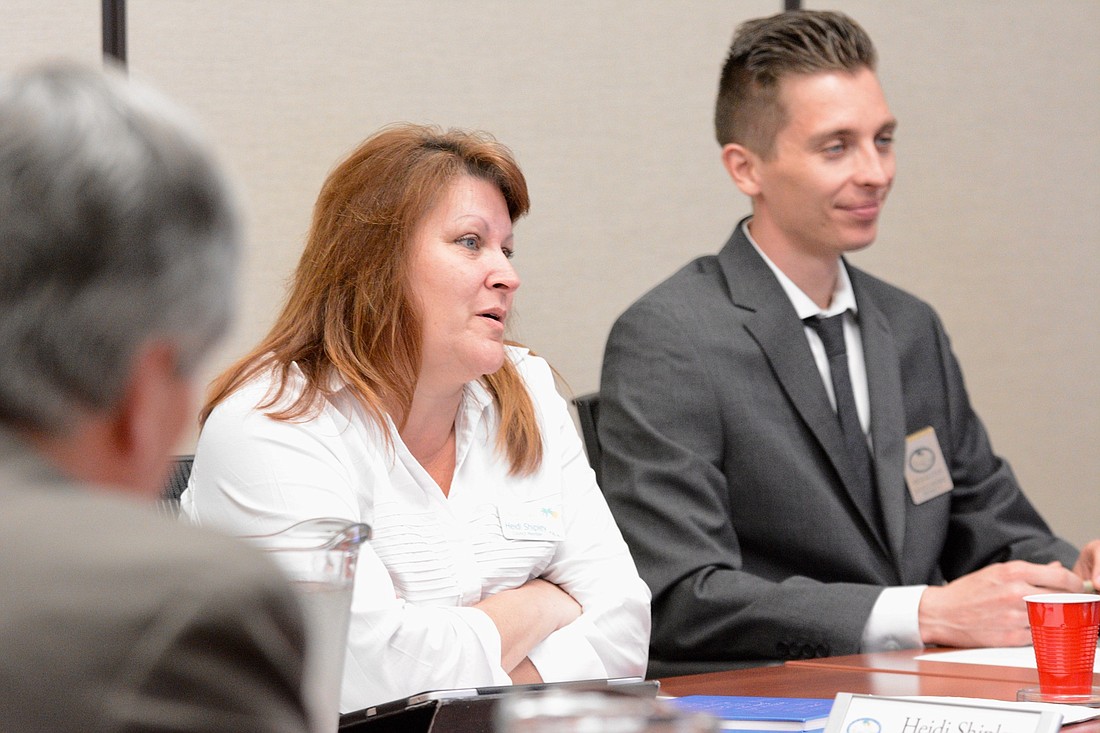- December 13, 2025

Should Palm Coast appoint a citizen committee to review its charter every 10 years? And, if so, should that committee have the power to determine — without the City Council’s assent — which proposed charter amendments should be put on the ballot for a referendum?
Palm Coast City Council members support adding to the November ballot a referendum that would change the city’s charter to require that a citizen committee review the charter in the future, once every 10 years. But they disagree about how much power it should have.
The issue is one of five proposals to come out of the city’s long-running current charter review process. The council is discussing which of the five it will actually add to the ballot over a series of public workshops and meetings.
Councilman Steve Nobile thought that if the potential charter review advisory committee reviews the charter and agrees on an amendment that its members want to add to the ballot for a referendum, the committee shouldn’t need the city council’s approval to place it on the ballot.
“This is not our city — this is not the council’s city — this is the people’s city,” he said.
Councilwoman Heidi Shipley agreed.
“If three out of five people are saying, ‘We want something done,’ it doesn’t hurt to put it up for a vote,” she said.
Nobile suggested that the advisory council’s recommendation to place something on the ballot could only override City Council if the advisory committee’s decision was unanimous.
“I believe that we should empower the people who are going to have this ability every 10 years, once every 10 years, to form their government how they choose to, and if they have an issue that gets a unanimous vote by the advisory committee, the council should not be allowed to say no,” Nobile said.
Mayor Milissa Holland said she supported the idea of an advisory committee, but she didn’t think it should have the power to place something on the ballot without City Council’s approval.
“If we’re going to have an advisory committee, what’s the sense ... if we’re going to be able to overrule them?” Shipley said.
Nobile said he’d met with thousands of people about the charter review process, “because when it first came up, it was a hot potato,” and people were saying the charter was broken.
“That’s not the message I’m hearing,” Councilman Nick Klufas replied.
Nobile replied that portions of the charter conflict with state law. “That needs to be fixed,” he said.
Klufas said that residents elected City Council members and trust them to do the right things. Giving the proposed charter review committee power to override the council could lead to a situation in which the committee and essentially pulls off a “coup” against the council, he said.
“So what?’ Nobile replied. “It still has to go to the ballot.”
Councilman Bob Cuff said he could see both sides of the argument. If the committee were to have the power to place something on the ballot without council approval, he said, it should be only through a unanimous vote. He found Klufas’ concern about a “coup” hard to envision, given that City Council members would select the committee members.
Council members decided against putting on the ballot a proposal to increase the number of City Council members from five to seven with the two proposed new members being elected at large without residency requirements that they live in any particular district.
Nobile said residents had told him that they thought there would be less likelihood of “collusion” on the council if the city increases the number of council members. Shipley said she suspected that the people who are likely to suspect collusion among five members would still suspect it if there were seven members, and that they might also resent having to pay for the two new additions.
“I don’t see that just adding a couple of people to the council is going to improve it,” Cuff said. “I’m not opposed to having a couple more people sharing the blame with us, but I don’t know how that gets you better government.”
Holland noted that if the two proposed additional members are both appointed at large and without a requirement that they live in any particular district, the council could end up with four of its seven members coming from the same area. The mayor is also elected at large and is also not required to live in any particular district. So if the mayor, one regular council member, plus the two at large members are from one neighborhood, she said, that could foster an impression in the community that those council members’ neighborhood would have an unfair advantage on issues that come before the council.
The council members supported bringing to the ballot a charter amendment that would delete outdated language and legal boundary descriptions from the charter, and also spoke in favor of a ballot an amendment that would clarify the process to take place when a mayor or City Council member resigns or dies near the end of their term.
The council will vote during an upcoming meeting on an ordinance to add the proposed charter amendments to the ballot. To read all of the proposed amendments, go to bit.ly/2oF28Qa.